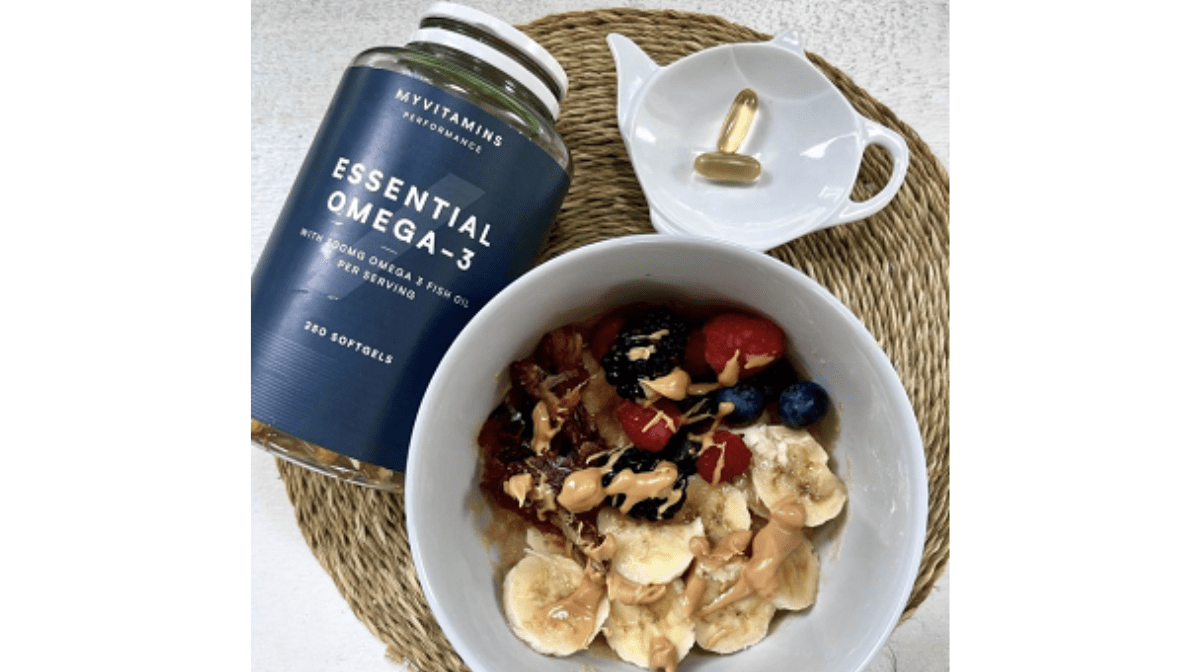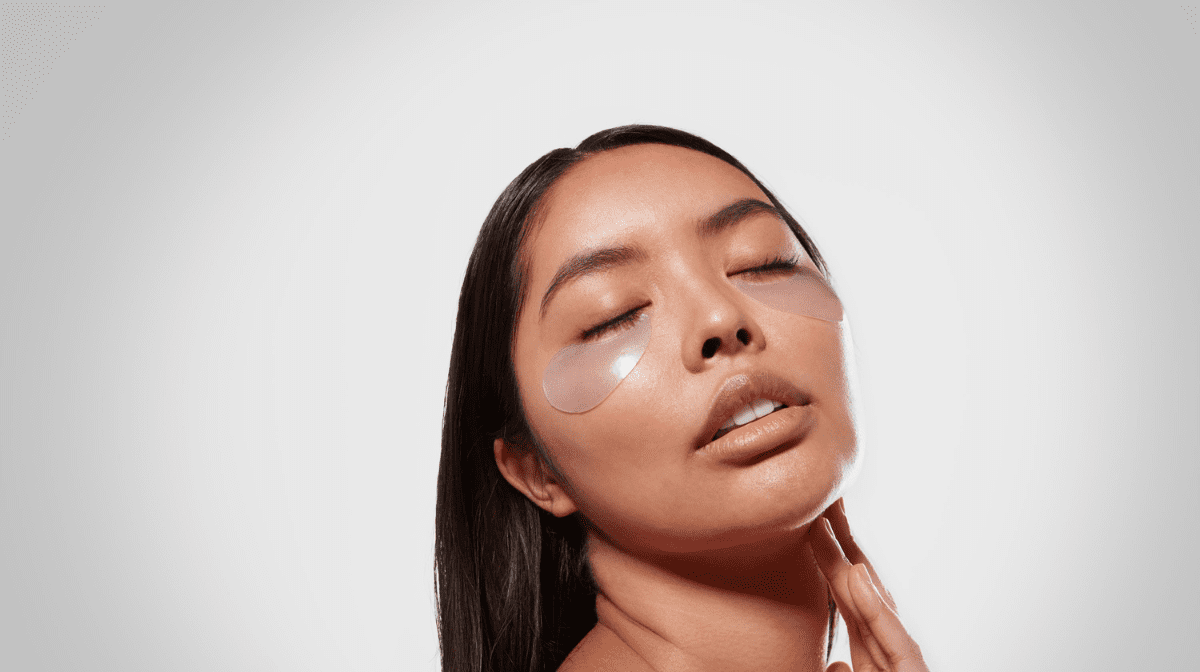Dry skin occurs when your skin dries out because it doesn’t have enough moisture. The cold winter weather can leave your complexion feeling dry and dull, especially if you’re not following a consistent skincare routine or getting enough vitamins. From essential nutrients to lifestyle changes, here are our top tips for rescuing dry skin.
What Causes Dry Skin?
Dry skin is a common skin issue, especially during the cold and winter months. If your skin is rough, red, or thirsty, read on to learn our tips for keeping your skin soft all year round.
Skin Conditions
People with skin conditions such as eczema or psoriasis are more likely to have dry skin. If you’re prone to develop these conditions, excessive dryness can lead to activation of the disease, causing a rash and cracking skin.
Vitamin Deficiencies
If your diet doesn’t include enough vitamins, it may be affecting your dry skin. Vitamins A and D; as well as, Zinc and Iron all play a massive part in your skin.
Always talk with a doctor before adding supplements to your diet.
Dry Climate / Indoor Heat
During the colder months, heating is turned up high resulting in humidity reduction; as well as, the amount of moisture available to the skin. Any heat source, from central heating to fireplaces, can lower the humidity in a room and dry your skin out.
Exposed To Wind Or Cold
Exposure to cold weather may worsen dry skin, due to humidity and temperature changes. Skin is at its driest during the winter, and the cold weather means more time spent indoors where the heating is, which also dries out the skin.
Dehydration
We know you’ve heard it before, but not drinking enough water can impact your skin, leaving it itchy and dull.
The human body is 55–65% water (8). Every cell, tissue, and organ within the human body needs water to function properly. This is why you need to replace the water you lose by drinking it. If you use more water than what you drink, you become dehydrated, which affects all areas of the body, not just the skin.
Dry Skin Symptoms
Peeling
The outer layer of our skin continually renews itself; therefore, your body sheds dead skin cells. When the skin sheds more skin cells, skin can peel off.
Flaking
When the skin loses moisture, it starts to flake off. This causes the rough texture you experience.
Itching
Itchiness is often your skin telling you it is dry. It can be especially bad in the winter and in places where the air is dry. As you get older, it becomes even more common.
Cracking
Cracking happens when the skin loses its ability to hold moisture and the skin barrier is compromised. When this happens, due to the lack of moisture, skin loses its elasticity. Some cracks can become deep and may bleed.
Pain
When skin becomes excessively dry, it can feel raw and painful from the cracking and bleeding.
10 Remedies For Dry Skin
Moisturise
It’s important to moisturise the skin all over your body, not just your face. Find a moisturiser that works for your skin, and use it regularly, especially after you shower. Applying it at this time can help your skin retain moisture and avoid dryness. Use an ointment or cream rather than a lotion and look out for hydrating ingredients including shea butter or petrolatum. Petrolatum-based products are great at preventing water from evaporating from your skin. Your moisturiser for your skin should be fragrance and alcohol-free. Don’t forget to use a lip balm to lock in lip moisture and prevent chapping, especially if you’re going out in cold weather.
Prevent Sensitivity
Sensitive skin is characterised by irritation and redness which can be made worse by dryness. If you struggle with sensitivity flare-ups, only use products which are hypoallergenic and dye and fragrance-free.
The way you wash your skin is important too. Hot water can remove your skin’s natural oils so try to avoid long hot baths or showers. Afterwards, pat your skin dry with a soft, clean towel and moisturise almost immediately to avoid any access moisture evaporating off the skin’s surface (1). Cut back on exfoliating scrubs, face masks, and steam treatments to reduce damage to the skin barrier.
Focus On Nutrition
Beautiful skin starts from within, so you need to nourish your complexion from the inside with a healthy, balanced diet. Here are the nutrients which are especially important for skin health:
- Vitamin C
Vitamin C is found naturally in both the epidermis and the dermis, the outer and inner layers of skin. This nutrient plays a key role in the maintenance of a healthy complexion as well as the formation of collagen in the skin (2). A study in 2017 concluded that vitamin C supplements can support the skin’s barrier function and help to maintain water retention, suggesting that this vitamin is also important for preventing dry skin (3).









